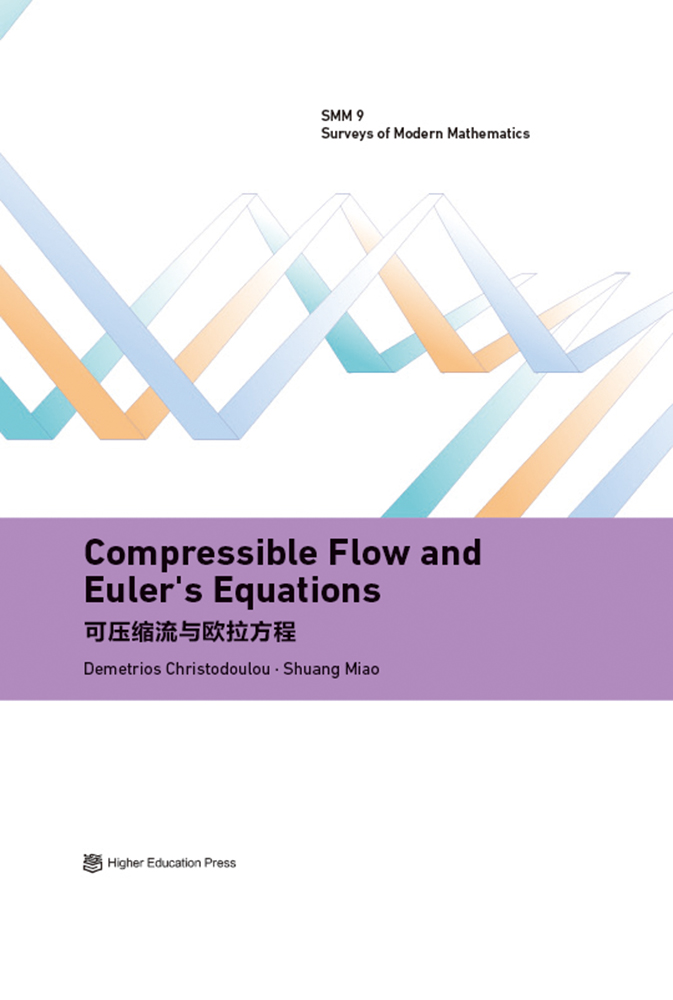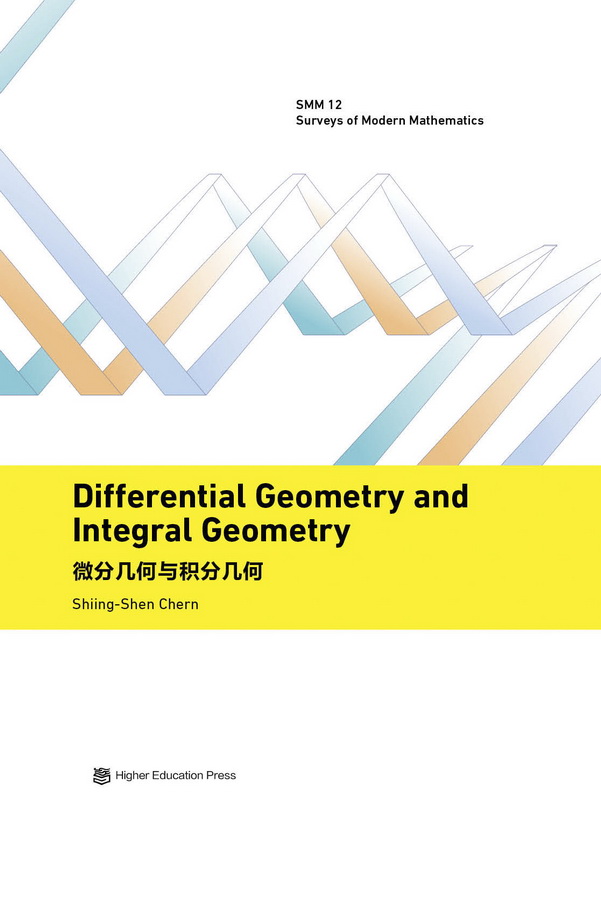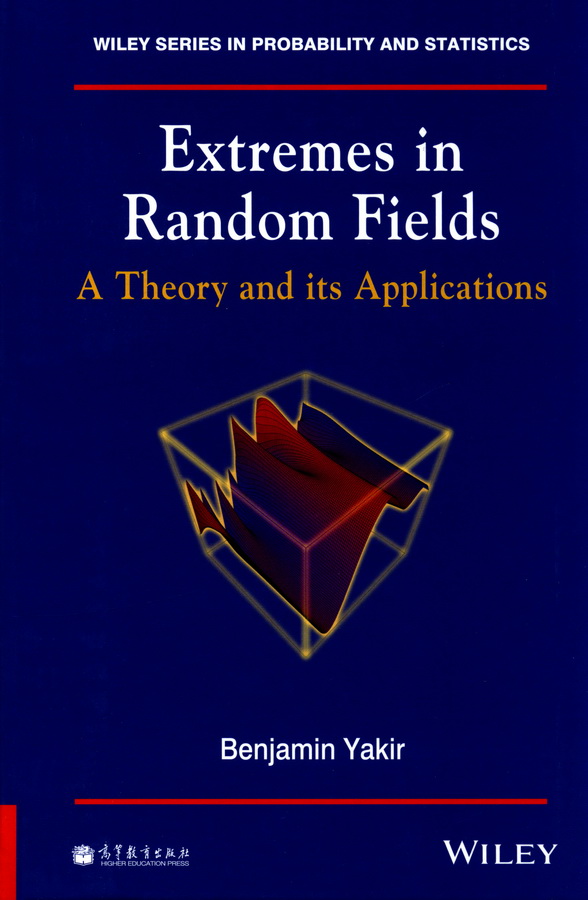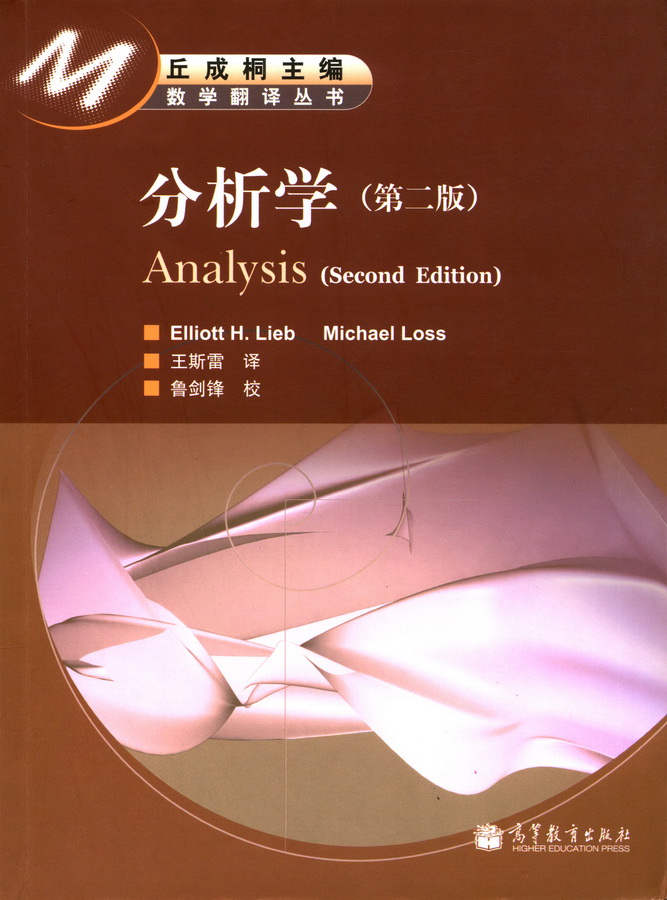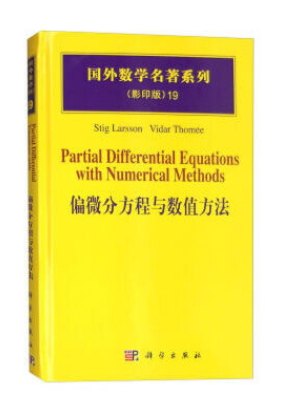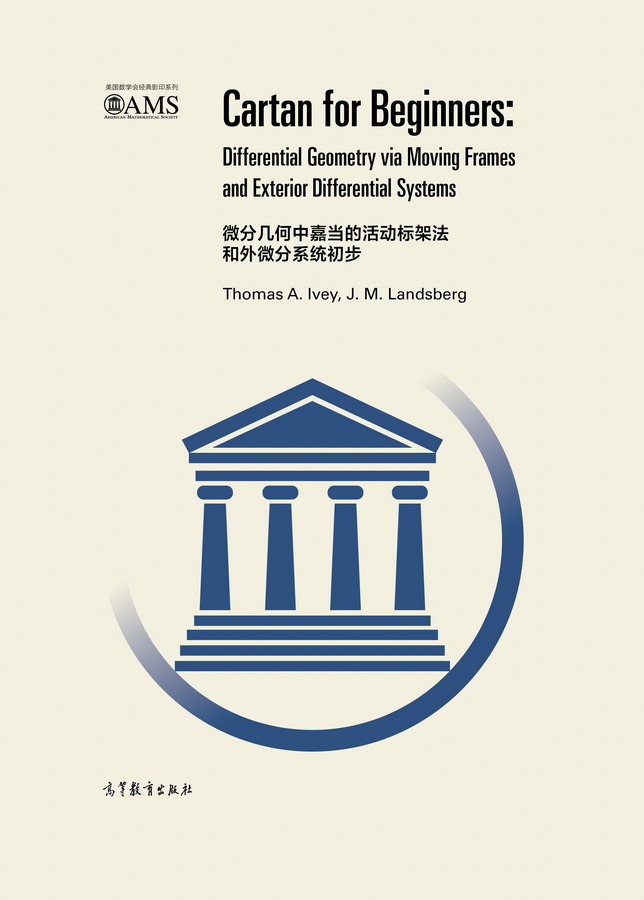可压缩流与欧拉方程(英文版)
作者: Demetrios Christodoulou著;缪爽译
出版时间:2014-08
出版社:高等教育出版社
- 高等教育出版社
- 9787040400984
- 1版
- 227469
- 48266186-5
- 精装
- 16开
- 2014-08
- 700
- 581
- 理学
- 数学类
- O175.22;O351.2
- 数学、统计类
- 研究生及以上
《可压缩流与欧拉方程(英文版)》主要考虑三维空间中,其初值在单位球面外为常值的任意状态方程的经典可压缩欧拉方程。当初值与常状态差别适当小时,我们建立的定理可以给出关于解的完整描述。特别地,解的定义域的边界包含一个奇异部分,在那里波前的密度将会趋向于无穷大,从而激波形成。在《可压缩流与欧拉方程(英文版)》中,我们采用几何化方法得到了关于这个奇异部分的完整的几何描述以及解在这部分性态的详细分析,其核心概念是声学时空流形。
与相关领域中其他数学家的工作相比,《可压缩流与欧拉方程(英文版)》的结果相对完整并且具有一般性。与本书第一作者之前的一个关于相对论流体的工作相比,《可压缩流与欧拉方程(英文版)》不仅给出了更简单且自成体系的证明,而且还把某些结论做得更优。同时本书还详细解释了证明方法中的主要思想,讨论了只在非相对论情形出现的一些几何上的性质。
本书可供从事偏微分方程研究,特别是从事流体动力学研究的数学家参考。
前辅文
Introduction
1 Compressible Flow and Non-linear Wave Equations
1.1 Euler’s Equations
1.2 Irrotational Flow and the Nonlinear Wave Equation
1.3 The Equation of Variations and the Acoustical Metric
1.4 The Fundamental Variations
2 The Basic Geometric Construction
2.1 Null Foliation Associated with the Acoustical Metric
2.2 A Geometric Interpretation for Function H
3 The Acoustical Structure Equations
3.1 The Acoustical Structure Equations
3.2 The Derivatives of the Rectangular Components of L and ˆ T
4 The Acoustical Curvature
4.1 Expressions for Curvature Tensor
4.2 Regularity for the Acoustical Structure Equations as μ → 0
4.3 A Remark
5 The Fundamental Energy Estimate
5.1 Bootstrap Assumptions. Statement of the Theorem
5.2 The Multiplier Fields K0 and K1. The Associated Energy-Momentum Density Vectorfields
5.3 The Error Integrals
5.4 The Estimates for the Error Integrals
5.5 Treatment of the Integral Inequalities Depending on t and pletion of the Proof
6 Construction of Commutation Vectorfields
6.1 Commutation Vectorfields and Their Deformation Tensors
6.2 Preliminary Estimates for the Deformation Tensors
7 Outline of the Derived Estimates of Each Order
7.1 The Inhomogeneous Wave Equations for the Higher Order Variations. The Recursion Formula for the Source Functions
7.2 The First Term in ˜ρn
7.3 The Estimates of the Contribution of the First Term in ˜ρn to the Error Integrals
8 Regularization of the Propagation Equation for /timates for the Top Order Angular Derivatives of x
8.1 Preliminary
8.2 Crucial Lemmas Concerning the Behavior of μ
8.3 The Actual Estimates for the Solutions of the Propagation Equations
9 Regularization of the Propagation Equation for /xμ.Estimates for the Top Order Spatial Derivatives of μ
9.1 Regularization of the Propagation Equation
9.2 Propagation Equations for the Higher Order Spatial Derivatives
9.3 Elliptic Theory on St,u
9.4 The Estimates for the Solutions of the Propagation Equations
10 Control of the Angular Derivatives of the First Derivatives of the xi. Assumptions and Estimates in Regard to x
10.1 Preliminary
10.2 Estimates for yi
10.3 Bounds for the quantities Ql and Pl
11 Control of the Spatial Derivatives of the First Derivatives of the xi. Assumptions and Estimates in Regard to μ
11.1 Estimates for T ˆ T i
11.2 Bounds for Quantities Q′m,l and P′m,l
12 Recovery of the Acoustical timates for Up to the Next to the Top Order Angular Derivatives of x and Spatial Derivatives of μ
12.1 Estimates for λi, y′i, yi and r. Establishing the Hypothesis H0
12.2 The Coercivity Hypothesis H1, H2 and H2′. Estimates for χ′
12.3 Estimates for Higher Order Derivatives of χ′ and μ
13 Derivation of the Basic Properties of μ
14 The Error Estimates Involving the Top Order Spatial Derivatives of the Acoustical Entities
14.1 The Error Terms Involving the Top Order Spatial Derivatives of the Acoustical Entities
14.2 The Borderline Error Integrals
14.3 Assumption J
14.4 The Borderline Estimates Associated to K0
14.5 The Borderline Estimates Associated to K1
15 The Top Order Energy Estimates
15.1 Estimates Associated to K1
15.2 Estimates Associated to K0
16 The Descent Scheme
17 The Isoperimetric Inequality. Recovery of Assumption covery of the Bootstrap Assumption. Proof of the Main Theorem
17.1 Recovery of J—Preliminary
17.2 The Isoperimetric Inequality
17.3 Recovery of J—Completion
17.4 Recovery of the Final Bootstrap Assumption
17.5 Completion of the Proof of the Main Theorem
18 Sufficient Conditions on the Initial Data for the Formation of a Shock in the Evolution
19 The Structure of the Boundary of the Domain of the Maximal Solution
19.1 Nature of Singular Hypersurface in Acoustical Differential Structure
19.2 The Trichotomy Theorem for Past Null Geodesics Ending at Singular Boundary
19.3 Transformation of Coordinates
19.4 How H Looks Like in Rectangular Coordinates in Galilean Spacetime
References

